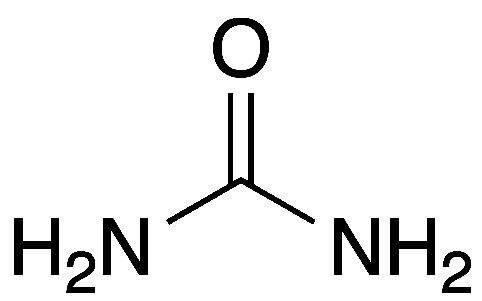
Nov . 25, 2024 17:06 Back to list
fulvic humic acid
The Importance of Fulvic and Humic Acids in Soil Health and Plant Growth
In recent years, increasing attention has been given to the role of fulvic and humic acids in agriculture and environmental management. These organic compounds are derived from the decomposition of plant and animal matter, playing an essential role in soil health and fertility. This article delves into the characteristics, benefits, and applications of fulvic and humic acids in various agricultural practices.
Understanding Fulvic and Humic Acids
Fulvic and humic acids are both components of humic substances, which are formed through the biodegradation of organic matter in soils and sediments. Although they share common origins, they exhibit distinct properties and functions.
Fulvic Acid Fulvic acid is the lighter fraction of humic substances, characterized by its solubility in water at all pH levels. It typically has a low molecular weight, which allows it to easily penetrate plant cells and facilitate various biochemical processes. Fulvic acid is known for its versatility, as it can improve nutrient uptake, promote microbial activity, and enhance soil structure.
Humic Acid In contrast, humic acid is a heavier fraction and is soluble in alkaline solutions but precipitates out of acidic solutions. It has a higher molecular weight and is primarily responsible for improving soil structure, water retention, and nutrient retention. Humic acids contribute significantly to the overall fertility of the soil by enhancing its capacity to hold nutrients and moisture.
Benefits of Fulvic and Humic Acids
1. Nutrient Availability Both fulvic and humic acids improve the availability of essential nutrients in the soil. They chelate (bind) with various minerals, such as calcium, magnesium, and potassium, making them more accessible to plant roots. This enhances nutrient uptake, leading to better plant growth and higher crop yields.
2. Soil Structure Improvement Humic acid plays a crucial role in increasing soil porosity and aeration. It promotes the aggregation of soil particles, which improves water infiltration and retention. This is particularly important in sandy soils that struggle to hold moisture.
3. Microbial Activity Fulvic and humic acids are known to stimulate beneficial microbial populations in the soil. These microorganisms play a vital role in organic matter decomposition, nutrient cycling, and overall soil health. An active microbial community helps suppress soil-borne diseases and enhances the overall resilience of the ecosystem.
fulvic humic acid

4. Stress Resistance Plants treated with fulvic and humic acids tend to exhibit greater resilience under stress conditions, such as drought or extreme temperatures. This is attributed to improved nutrient uptake and enhanced plant metabolism, allowing for better survival and productivity.
5. Environmental Benefits The application of fulvic and humic acids can contribute to sustainable agriculture practices. By improving soil health, these acids can reduce the need for chemical fertilizers and pesticides, minimizing environmental impact. Furthermore, healthy soils are better at sequestering carbon, thus contributing to efforts against climate change.
Applications in Agriculture
The use of fulvic and humic acids is varied and can be implemented in numerous agricultural practices
- Soil Amendments Farmers can incorporate humic and fulvic acids into soil before planting. This improves the soil's physical and chemical properties, leading to enhanced growth conditions for crops.
- Fertility Management These acids can be mixed with fertilizers to enhance nutrient availability and uptake. This synergistic effect ensures that plants receive the necessary nutrients more efficiently.
- Biostimulants Fulvic and humic acids are often utilized as biostimulants, promoting growth and health in plants. They can be applied as foliar sprays or root drenches, further enhancing plant vitality.
Conclusion
In conclusion, fulvic and humic acids are crucial components of soil health and play an integral role in sustainable agricultural practices. Their benefits, ranging from improved nutrient availability to enhanced microbial activity, underscore their importance in modern farming. As the agricultural sector continues to seek innovative solutions for soil management, the utilization of these organic compounds will likely play a pivotal role in fostering environmentally friendly practices and promoting food security worldwide. By recognizing the value of fulvic and humic acids, farmers and agricultural professionals can enhance soil fertility and ultimately contribute to a healthier planet.
-
Premium 8 12 16 Fertilizer – High-Efficiency Compound & Granular NPK Supplier
NewsJun.10,2025
-
High Quality Agricultural Grade NPK Fertilizer Manufacturer & Supplier Reliable Factory Price
NewsJun.10,2025
-
Organic Fertilizer for Corn Boost Yield Sustainably
NewsJun.10,2025
-
Organic Fertilizer for New Plants Natural Growth Boost & Eco Nutrients
NewsJun.10,2025
-
Optimized Hydroponic NPK Fertilizer – Fast Growth & Nutrients
NewsJun.09,2025
-
Top-Rated NPK Fertilizer for Fruit Trees - Boost Growth & Yield
NewsJun.09,2025
